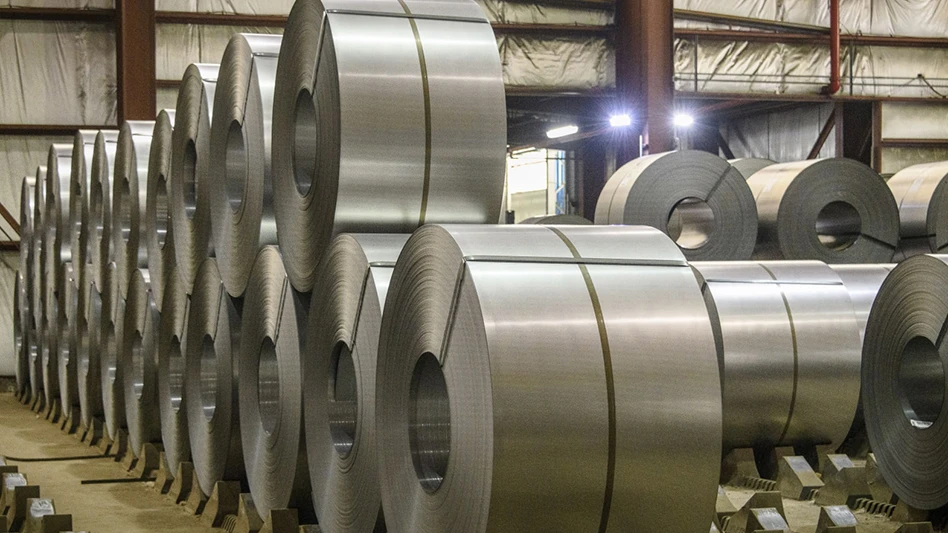The results of the Michigan Recycling Measurement Study illustrate the need for a proactive approach to fostering recycling programs, businesses and markets in the state. The Recycling Measurement Project is the first comprehensive effort to quantify the activities of Michigan's recycling industries.
With a population of around 10 million, Michigan has 748 curbside and dropoff programs serving an estimated 5.3 million and 3.4 million people, respectively. Despite the number of programs, according to the Michigan Recycling Coalition, the state is being underserved.
Municipalities, townships and villages make up a majority of programs. These units operate and/or manage 493 programs. County agencies operate and/or manage 150 programs, while governmental authorities, private businesses and non-profits are responsible for 46, 40 and 21 respectively.
A total of 225 curbside and 92 dropoff programs accept residential yard waste. This provides services to around 3 million and 4.3 million people, respectively.
Michigan has a total of 163 compost sites and 49 material recovery facilities. A need for more investment in recycling is supported by MRC’s estimation that in 1999, the state achieved a recycling rate of 16%.
A total of 2,509,567 tons of MSW were recycled, with breakouts by the following materials: Glass, 149,339 tons; Metals, 866,258 tons; Organics, 739,904 tons; Paper, 712,526 tons; Plastics, 21,632 tons; and other material, 19,908 Tons
Even with a 16% recycling rate, the recycling industry is estimated at nearly $2 billion per year in Michigan. Economic impacts show that processing activities alone, not including collection or end use/manufacturing, generated revenues of $1,952 million in 1999. Additionally, recycling processing resulted in 5,687 jobs, and approximately $243 million in wages in 1999.

Explore the May 2001 Issue
Check out more from this issue and find your next story to read.
Latest from Recycling Today
- Magnomer joins Canada Plastics Pact
- Electra names new CFO
- WM of Pennsylvania awarded RNG vehicle funding
- Nucor receives West Virginia funding assist
- Ferrous market ends 2024 in familiar rut
- Aqua Metals secures $1.5M loan, reports operational strides
- AF&PA urges veto of NY bill
- Aluminum Association includes recycling among 2025 policy priorities





